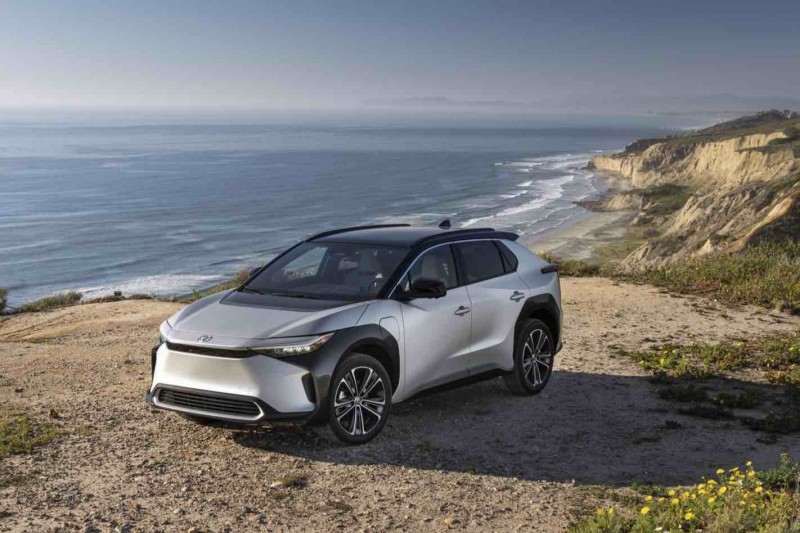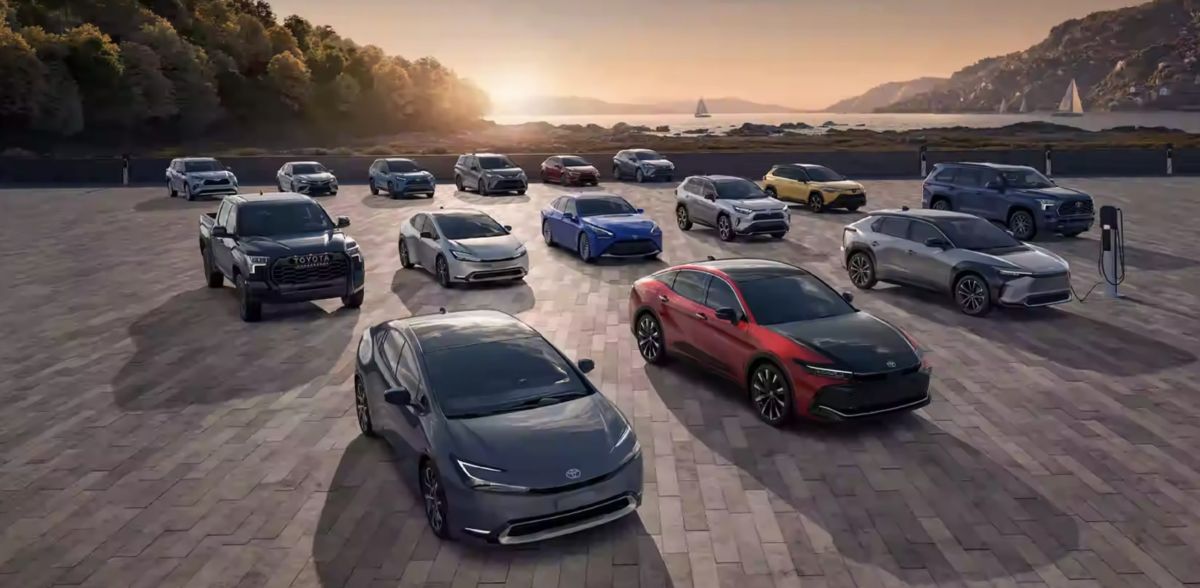
New Delhi:- The greatest address first-time buyers have when buying an EV relates to run. “How distant can I go in this thing?” It makes sense. Whereas making it 300 miles or so isn’t awful for a cutting edge EV, it does cruel simply ought to halt at a charging station more routinely than you have got to fill a tank on a gas-powered car, and charging can be a small time-consuming. So what’s the settle? Either way better extend or speedier charging — and Toyota says that it has split the code for the previous.
At a specialized briefing in early July, Toyota reported that it has made a breakthrough in battery technology that will allow it to inevitably make batteries that offer a whopping 745 miles of run on a single charge — which it’s pointing to form a battery that would deliver an electric car 900 miles of range.
But don’t put off that Prius Prime buy fair however. As with all unused advances, there are still obstacles to clear and a long street ahead. Here’s everything you wish to know almost Toyota’s solid-state battery tech, and what it implies for EVs going forward.
Also Read:- Martin Truex Jr. To Rule over the Consecutive Three Seasons at NASCAR
The way a routine battery works is very basic. It includes a cathode on one side and an anode on the other. For the most part, batteries make a response by causing electrons to stream from one side to the other, which in turn makes a circuit and powers your gadget.
To date, EVs have utilized basically the same sorts of batteries as those utilized in our phones, smartwatches, and so on. In these batteries, the cathode and anode live right another to each other, isolated by a permeable plastic layer that permits the fluid electrolyte arrangement to stream from one side to another, producing current.
A solid-state battery keeps the essentials — it has an anode and a cathode, and it causes electrons to stream from one side to the other. But in a solid-state battery, the separator between the anode and the cathode is additionally the electrolyte.
The conclusion result? A more energy-dense battery that permits producers to fit more vitality in littler bundles. Solid-state batteries are moreover much quicker to charge — so you’ll spend less time holding up at electric car charging stations.
The tech has really existed for a few time presently, but solid-state batteries have been costly and troublesome to fabricate, avoiding them from being utilized broadly. Toyota says that it has streamlined the generation of solid-state batteries, which can be a colossal advancement for the vehicles they’ll control.
Also Read:- Toyota to Open up with a New Generative Energy Source for Space Missions
In case the tech really does live up to its potential, it'll be game-changing for electric cars. For Toyota, this implies that it may deliver cars that offer a run of up to 900 miles or more. The company says that it plans to discharge electric cars with thisunused battery tech by 2028 — so we'll have to be hold up a whereas to require advantage of it.

What would a car with a solid-state battery perform like? As said, Toyota says that its to begin with era will reach a run of around 740 miles, and be able to charge in around 10 minutes. They’ll moreover be more secure — since solid-state batteries don’t have the same combustible fluid arrangement found in current batteries.
In case this looks like a trump card that will permit Toyota to rule EVs after dragging its feet on them for a long time, think twice. We know for a reality that companies other than Toyota are intensely contributed in solid-state battery tech, so even if Toyota is the primary to convey it in a car, other companies unquestionably won’t be distant behind. For illustration, Mercedes-Benz has entered a association with ProLogium, an vitality company centered on solid-state battery tech. Volkswagen is joined forces up with QuantumScape, and BMW has joined forces with the U.S. company Strong Control.
Also Read:- The Legend Returns: Toyota Land Cruiser to Make U.S. Comeback in 2023
So, whereas Toyota has certainly made features for its breakthroughs, don’t anticipate it to be the only company with longer-range, faster-charging cars. These solid-state cars will take some time to come to advertise — but when they do, they’ll likely make for a much superior EV involvement overall.
There's one issue that may obstruct the generation of solid-state batteries in spite of the fact that — lithium supply. Solid-state batteries might conclusion up employing a parcel more lithium than conventional batteries. A few investigate proposes that solid-state batteries seem utilize five to 10 times as much lithium as current-gen batteries. There’s as of now a lithium deficiency, so that’s a major issue.
So what’s the arrangement? Right presently it’s hard to say. EV battery reusing seem play an critical part, but indeed at that point it’s impossible we’ll be able to reuse sufficient lithium to supply materials for modern battery tech. We’ll need to hold up and see how battery producers address this. But with at slightest five a long time some time recently we anticipate to see this tech in generation vehicles, it’s conceivable that the supply address might see very diverse by the time they’re prepared for the street.
Also Read:- Toyota Unleashes the All-New Land Cruiser: Combining Off-Road Prowess with Luxurious Upgrades
Before this Toyota had announced a new technological enhancement of the battery for the EV that had a range of 745 miles just in a single charge but now they are working more on it that will allow the battery to provide a range of 900 miles and can beat all the other EV’s in the market and can also be the king of EV’s.